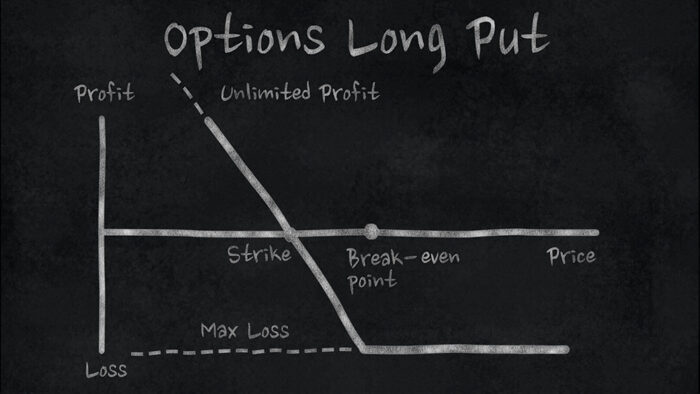Study Notes:
Introduction to Mutual Funds
In the introductory lesson, we explain the basics of mutual funds, starting with what a mutual
fund is and how securities make up a fund’s portfolio. This lesson explains that a mutual fund is
an investment that combines your money with money from other investors and that the combined pool of money is used to buy shares in securities such as stocks and bonds.
Each share in the mutual fund represents an investor’s part ownership in the fund. Every shareholder may gain profits and incur losses in equal portion.
Let’s start with the what types of Mutual Funds are available.
EQUITY FUNDS invest in stocks. When you own stock, you own part of a company.
FIXED INCOME funds buy investments that pay a fixed rate of return, such as municipal bonds, mortgage-backed bonds, and corporate bonds.
MONEY MARKET funds invest in short-term fixed income securities, such as U.S. Treasury bills, certificates of deposit, bankers’ acceptances and commercial paper.
BALANCED funds invest in a mix of equity and fixed income securities.
INDEX funds aim to track the performance of a specific index, such as the S&P 500.
SPECIALTY funds can focus on sectors, such as real estate or technology or healthcare, or they can have a specific mission, such as socially responsible investing.
FUND of FUNDS are mutual funds that invest in other funds.
Mutual funds can be actively or passively managed.
Active management – With an actively managed mutual fund, the Portfolio Manager buys and sells securities, and attempts to outperform the return of the overall market or other benchmarks. A benchmark is a standard against which the performance of a security, mutual fund or investment manager can be measured.
Passive management – Passive management involves buying a portfolio of securities designed to track the performance of a benchmark’s index. The mutual fund’s holdings are only adjusted if there is an adjustment in the
components of the index.
Open-End versus Closed-End Mutual Funds
There are 2 categories of mutual funds – open-end funds and closed-end funds.
Open-end funds have an unlimited number of shares and are priced at the end of each trading day.
Closed-end funds have a set number of shares whose price may fluctuate throughout the trading day. To invest in a closed-end fund, there must be shares available and you must buy an existing share. These funds trade like equities.
In this lesson, we also cover what people should consider prior to investing in mutual funds.
Potential Benefits:
Diversification – Mutual fund investors get broader diversification, as one fund share may comprise dozens of underlying stocks and/or bonds.
Professional oversight – A mutual fund is generally overseen by a Portfolio Manager who has expertise in investment selection. The Portfolio Manager may also have a research team to assist him/her.
Managed for you – Investors do not have to pick securities and manage investments themselves.
Low minimum investments – Most mutual funds have low minimums, so people can start investing in mutual funds
with a very small initial investment.
Before Investing in mutual funds, you should consider if they are an appropriate investment for
your personal financial situation.
It’s important to consider what your goals are. For example, are you investing to:
- Pay for college
- Buy a car
- Purchase a home
- Save for retirement
Time horizon – You should also consider your time horizon. Think whether the fund is likely to achieve your
goals within your time frame.
Risk tolerance – Also think about your personal risk tolerance. Consider which fund has the appropriate risk
level for you.
Tax consequences
And consider the tax impact. Think about what the tax impacts of the fund’s yield may be. Or consult a tax advisor to help you determine the tax impact. It’s also essential to remember that investments have risks, and you can lose your principal.
Resources










![[Gamma] Scalping Please [Gamma] Scalping Please](https://ibkrcampus.com/wp-content/smush-webp/2024/04/tir-featured-8-700x394.jpg.webp)




Join The Conversation
If you have a general question, it may already be covered in our FAQs. If you have an account-specific question or concern, please reach out to Client Services.